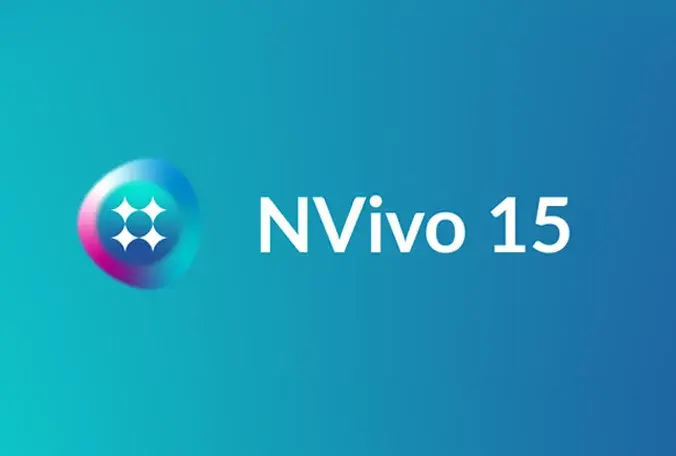Why Human Transcription Is the Key to Accurate, Reliable Research
- Claude Annoh
- Mar 5, 2025
- 3 min read
Updated: Apr 10, 2025

In academic research, accuracy is critical. Whether you’re working with interviews, lectures, or focus groups, transcription helps you turn your audio or video recordings into useful text. But for the best results, human transcription is the way to go. AI-powered transcription tools can be fast and convenient, but they’re also prone to errors that could potentially mess up the integrity of your research. Here’s why human transcription is a better fit for those for you:
1. Humans Understand Context Better
One of the main reasons human transcription works better is because people can understand context. Machines can struggle with picking up on things like tone, emotion, or technical jargon. For example, when someone speaks quickly or mumbles, it can be hard for automated systems to transcribe it correctly. But a trained human transcriber can recognize these nuances and still produce an accurate transcript. This is especially important in research where context can make a big difference in meaning.
2. Humans Catch the Small Details
Humans are great at catching the small things that machines miss. When transcribing an interview, researchers may say something important that’s hard to hear or comes with background noise. While automated transcription software might miss these details, a human can spot these issues and clean up the transcript. This ensures that your research isn’t missing crucial points.
3. Accuracy Matters More in Research
In academic research, accuracy is everything. A single mistake in a transcript can change the meaning of what was said, affecting your results and conclusions. Automated transcription tools can work fast, but they’re not always accurate. This is especially true when there are multiple speakers, background noise, or technical language involved. A human transcriber can pick up on these details and provide a more accurate and reliable transcript, ensuring your research stays on track.
4. Humans Can Handle Complex Audio
Not all audio is clear or easy to transcribe. Research often involves recordings in noisy environments, interviews with multiple speakers, or even complex technical language. Humans can handle all of this because they can understand the context of conversations and use their judgment to ensure the transcript is correct. Machines, however, may not always catch these subtleties, leading to errors in your transcription.
5. Confidentiality and Security
When working on academic research, keeping your data secure and private is important. Human transcription services often offer a higher level of confidentiality than automated tools. Many human transcription services have strict privacy agreements in place to ensure your research stays secure. This is especially important if your data includes sensitive or confidential information. Automated tools may store your audio data, raising potential security concerns.
6. No Need for Editing and Corrections
Automated transcription can save time upfront, but it usually requires a lot of editing later. You might need to go back and correct mistakes, which can take up more of your time. Human transcription, on the other hand, is done correctly the first time. There’s less editing needed, which saves you time in the long run.
When to Choose Human Transcription
If you’re working on an important research project, it’s best to go with human transcription. Whether you’re transcribing interviews, focus groups, or lectures, human transcribers can give you the accuracy, attention to detail, and understanding of context that machines just can’t provide. They help you ensure that your research is based on reliable, clear, and complete information.
In Conclusion.
In short, human transcription is the key to accurate, reliable research. While AI and automated tools have their place, they can’t match the precision and context that human transcribers bring to the table. If you want your research to be built on solid ground, it’s worth investing in human transcription. It will save you time, reduce errors, and ensure that your findings are trustworthy.
So, don’t risk the integrity of your research by relying on automated tools. Trust the human experts at Qualtranscribe to deliver reliable, high-quality, and error-free transcripts that you can count on, every time.



